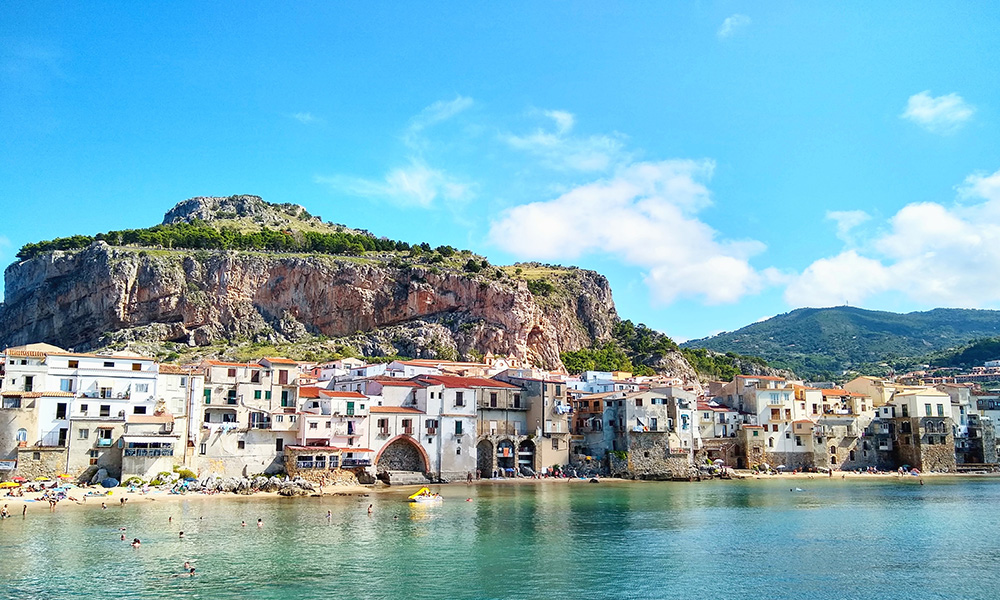Italy’s €1 homes for sale made global headlines back in 2018, when a town in Sicily first announced it would begin selling off its dilapidated and abandoned homes for spare change.
Initially ideated as a way to bring new life and residents to an ageing population, a number of villages all around Italy began jumping on board the trend, after witnessing the success of the initiative first-hand. We even spoke to one buyer about her experience in buying a €1 home, and she’s now renovating the property.
For the most part the schemes have been well-received, but one issue recently presented itself. According to CNN Travel, families of original homeowners have begun speaking up to claim the homes belong to them.
Apparently, relatives of these homeowners are coming forward to stake their claim on the properties. Despite the fact the dwellings had been abandoned for a number of years, these relatives claim they should have been made aware of the property being listed for sale.
When the €1 home craze began taking off, families reportedly started contacting Italian municipalities and local town authorities to claim their ancestral properties. Distance, time differences, language and legal complications served as hurdles, and some relatives haven’t heard back for up to eight months. When relatives do hear back, they’re being asked to present proof of ownership, or a deed to the home.
“I am so angry and frustrated. I would like to see the town flourish and help be a part of this, but please do not steal our home from us,” Josie Faccini, a relative of a former homeowner in the town of Castropignano, told CNN Travel.
Mayor of Castropignano, Nicola Scapillati, responded to the publication, assuring that the authorities are not trying to take homes away from ancestral relatives.
“We’re not grabbing any property, we don’t want to take any house away from any family, quite the contrary,” he said. “We’re thrilled that our project has created enthusiasm and thrown Castropignano in the spotlight, drawing people eager to join forces in recovering our lovely community.”
It’s an issue yet to find a concrete resolution, and the prospect of a relative’s home being sold off without their knowledge has indeed been a cause of stress for a number of relatives abroad.
The issue is made all the more complicated by the fact that Italian law states the government can seize a home if it’s not maintained or could cause harm to others as a result of dilapidation. Many of the homes being sold for spare change are unlivable, and need significant work to their structure.
“Under Italian law, the owner or heir has the obligation to guarantee at any time the due maintenance of the asset in order to prevent any damage to third parties,” Emiliano Russo, property lawyer and adjunct professor in real estate at Rome’s Luiss Business School, told CNN Travel.
For now, heirs continue to try and make contact with local governments to ensure their rightfully inherited properties are kept within their families.
Read more stories from The Latch and subscribe to our email newsletter.







